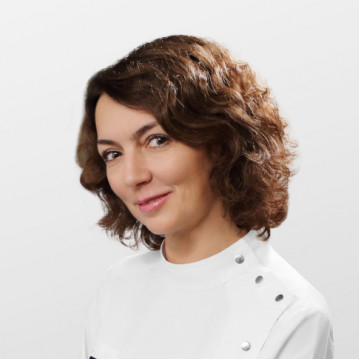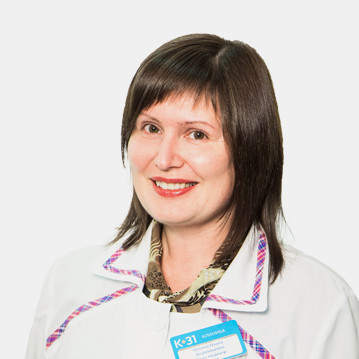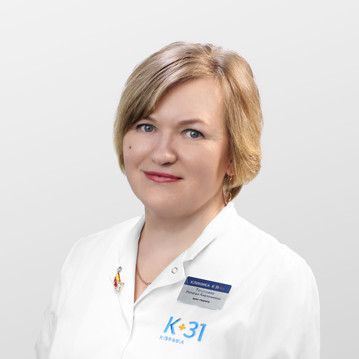
Whooping cough is an acute respiratory infection transmitted by airborne droplets.
When infected, a paroxysmal cough appears (up to 40 seizures per day), which lasts 3-4 months. This is a long-term illness, which is accompanied by a dry barking cough and a narrowing of the glottis (a whistling sound appears). There is no cure for it.
Mostly children of preschool age are susceptible to the disease. Infection occurs from patients or carriers who do not have clinical manifestations of the disease (good immunity), but are distributors.
Whooping cough is distinguished by a very high contagiousness - upon contact, 90% of people who have not been vaccinated or have not been ill get sick.
Why is whooping cough vaccine needed?
Features of pathology:
- Pertussis bacillus is not stable in the external environment (it dies within a few minutes), but once it enters the body, it is impossible to get rid of it.
- Immunity is not passed from mother to child, even if she was sick with this ailment.
- A person who is ill does not have lifelong protection.
- There is no effective treatment.
- Mortality is high when a child is infected under one year old.
The transferred disease causes many complications:
- Deafness due to rupture of the tympanic membrane.
- Encephalopathy.
- Retardation in psychomotor development in children.
- Hemorrhage in the brain or retina.
Vaccination, on the other hand, can reliably protect a child from illness.









